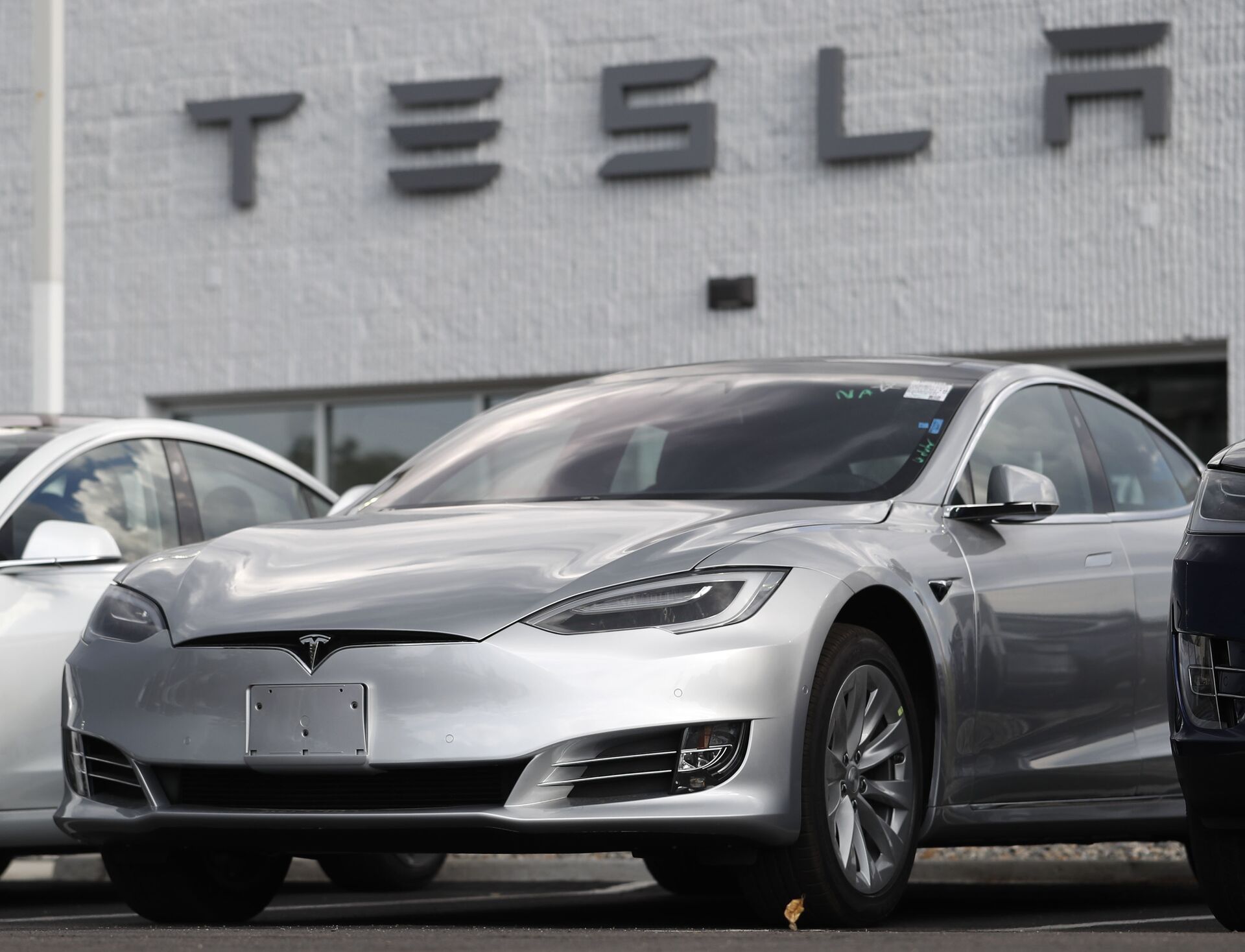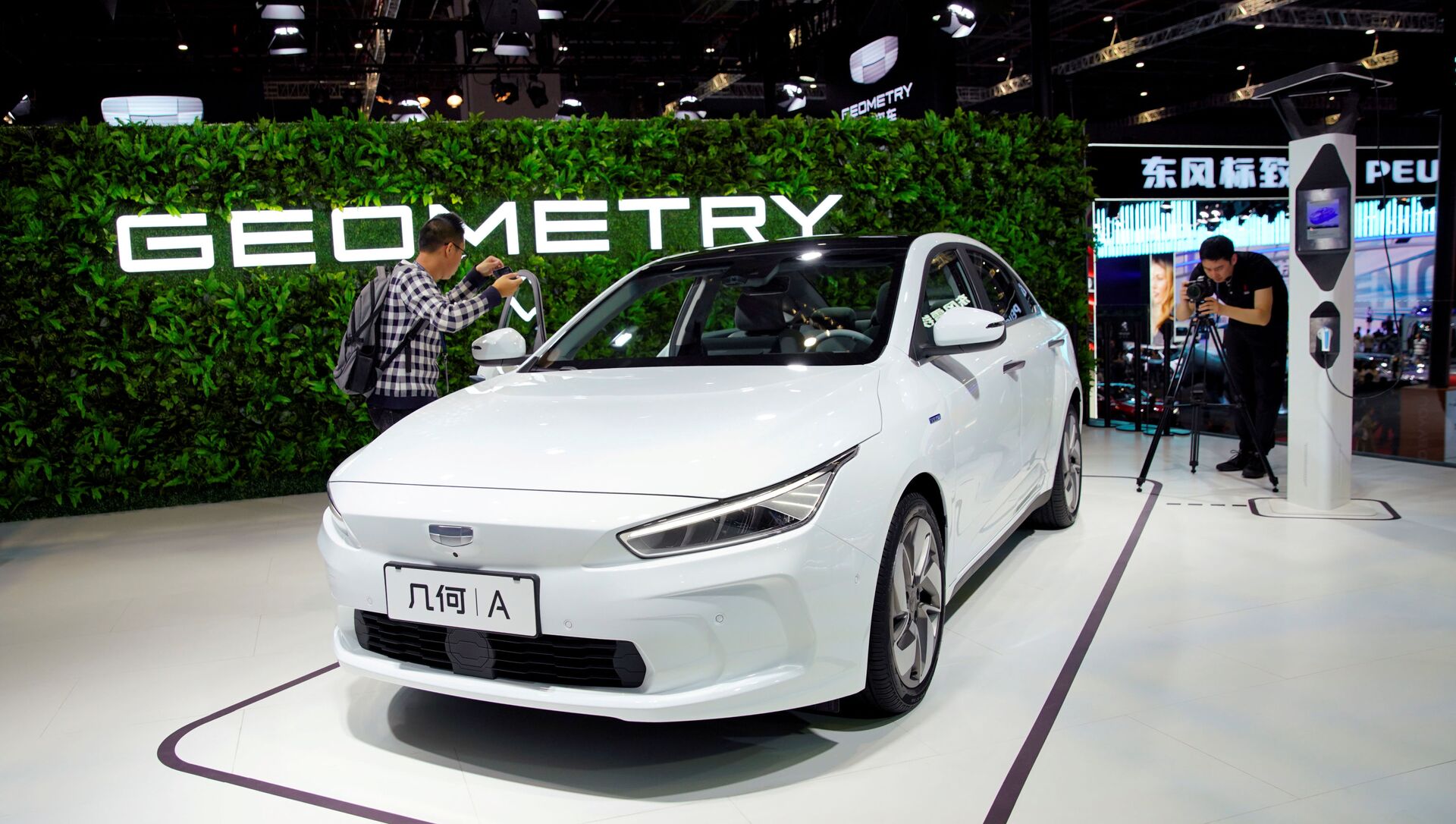Chinese automaker Geely plans to roll out a new brand of luxury electric vehicles (EVs) to compete directly with Tesla, which is trying to muscle its way into China’s domestic car market.
According to Reuters, the new brand “Zeekr” will be part of Geely’s forthcoming EV company Lingling Technologies, a potentially game-changing new firm that will market EVs separately from gas-powered vehicles.
Geely’s founder and chairman, Chinese billionaire Li Shufu, told Reuters Zeekr would be “like Mercedes-Benz” - that is, up-market luxury cars sold from custom showrooms in downtown city areas for fixed prices. The same marketing tactic is used by California-based Tesla, which has attempted to enter China’s massive auto market in recent years, including opening a gigafactory in Shanghai.
Geely also announced earlier this week it will be opening a new $4.6 billion EV battery factory in Ganzhou with an annual manufacturing capacity of 42 gigawatts - roughly similar in size to a new EV battery plant Volkswagen also announced earlier this week, but larger than Tesla’s 35-gigawatt Nevada battery factory.
Shanghai-based Nio is another Tesla competitor, producing a number of sedans and SUVs and successfully pioneering battery-swapping technology, which Tesla has so far struggled to implement.

China is by far the world’s largest market for electric vehicles, hybrid gas-electric cars, and fuel cell cars, with 1.2 million “new energy vehicles” hitting the road last year - more than half of the world total. The country has set the ambitious goal of totally phasing out new cars powered only by petroleum products by 2035, and already has the world’s largest car-charging network to support the expansion.
SAIC’s Hong Guang Minis have well outpaced Tesla’s Model 3 this year, the world’s best-selling electric car. Tesla sold 13,843 Model 3s in China in January, according to the BBC, while SAIC sold nearly 26,000 of the Mini EVs, which at 28,800 yuan ($4,465) cost just 11% what the Model 3 does at 249,900 yuan ($38,300). The Model 3 is Tesla’s best-selling car with 454,000 sold last year - 140,000 of them in China.
In its first 200 days on the market, SAIC sold more than 200,000 HGMs. The tiny cars are useful for zipping around town, but not zipping down the highway, so their direct competition with Tesla’s supercharged roadsters is limited.


